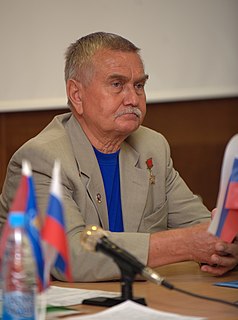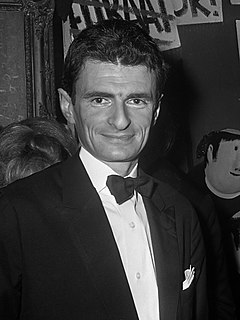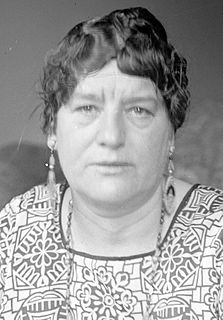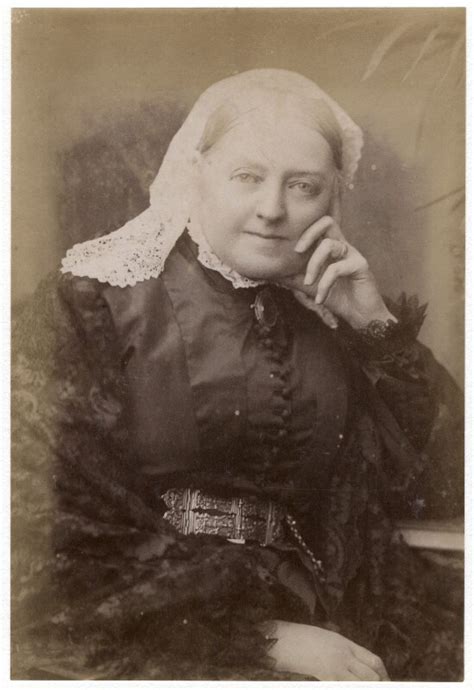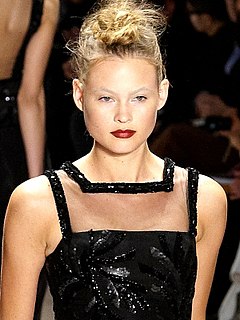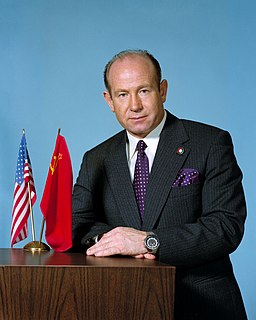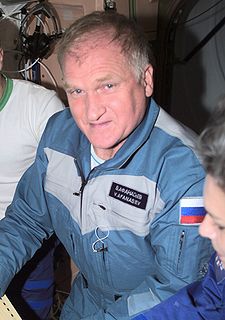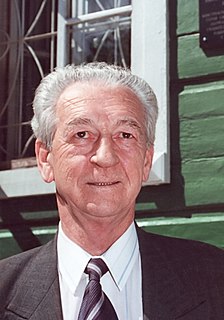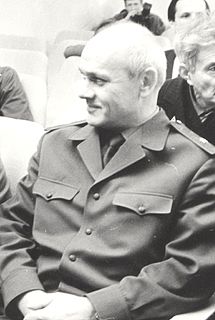A Quote by Anatoly Berezovoy
We flew throughout the summer and fall and the start of winter. At first the whiteness gave way to the green of summer, and then gold covered the fields and forests, and then the whiteness again.
Related Quotes
I fell for her in summer, my lovely summer girl, From summer she is made, my lovely summer girl, I’d love to spend a winter with my lovely summer girl, But I’m never warm enough for my lovely summer girl, It’s summer when she smiles, I’m laughing like a child, It’s the summer of our lives; we’ll contain it for a while She holds the heat, the breeze of summer in the circle of her hand I’d be happy with this summer if it’s all we ever had.
Do you hear the snow against the windowpanes, Kitty? How nice and soft it sounds! Just as if some one was kissing the window all over outside. I wonder if the snow loves the trees and fields, that it kisses them so gently? And then it covers them up snug, you know, with a white quilt; and perhaps it says, 'Go to sleep, darlings, till the summer comes again.' And when they wake up in the summer, Kitty, they dress themselves all in green, and dance about - whenever the wind blows.
With each spring comes new life, energy and green growth. In summer comes the sun, warm, kind and enduring. Fall brings its canvas of color in careful, gentle change. Winter brews into faithful strength, beauty in pure white. And then comes you. You are all that Nature offers, a blessing, a gift.. You are the fifth season.
The areas in which I teach are working-class history and African-American Studies and at its best the critical study of whiteness often grows out of those areas. The critical examination of whiteness, academic and not, simply involves the effort to break through the illusion that whiteness is natural, biological, normal, and not crying out for explanation.
Instead of accepting what James Baldwin called the "lie of whiteness," many people in lots of different fields and movement activities have tried to productively make it into a problem. When did (some) people come to define themselves as white? In what conditions? How does the lie of whiteness get reproduced? What are its costs politically, morally and culturally?
